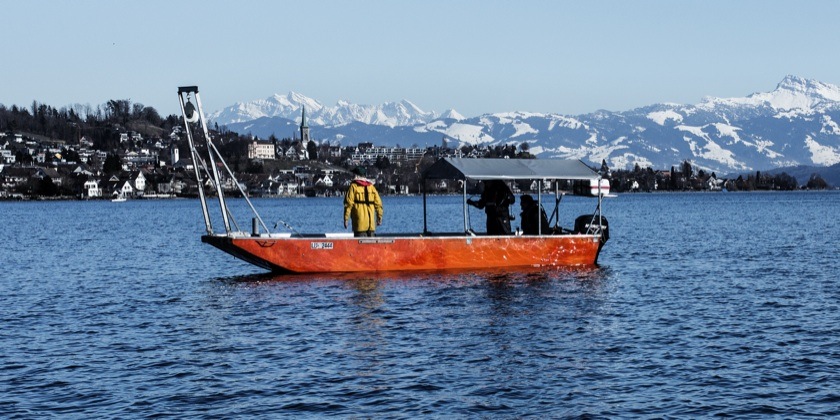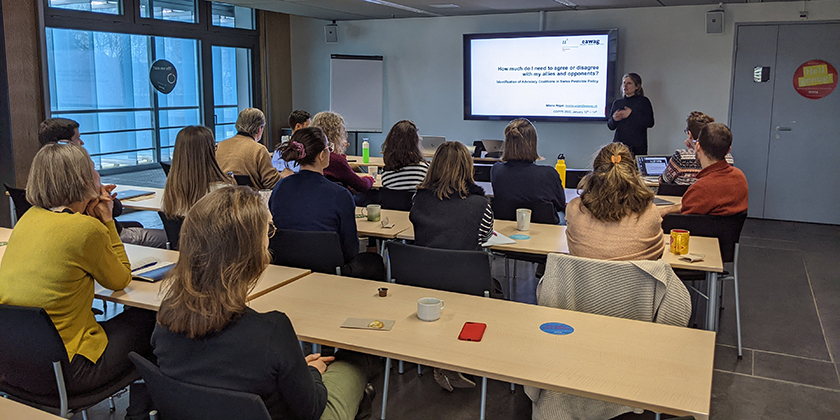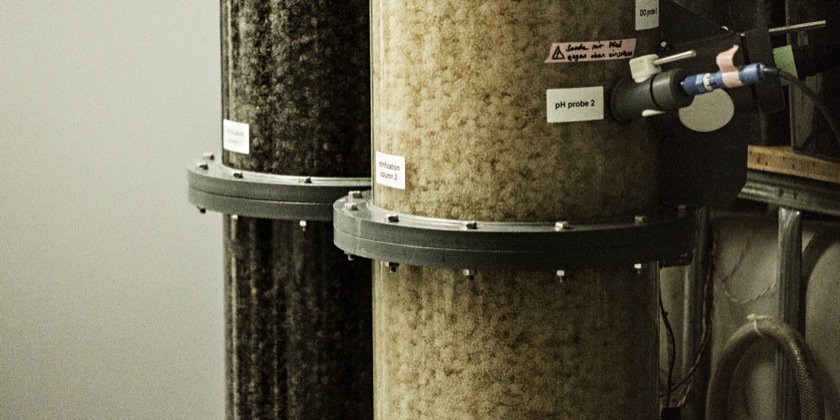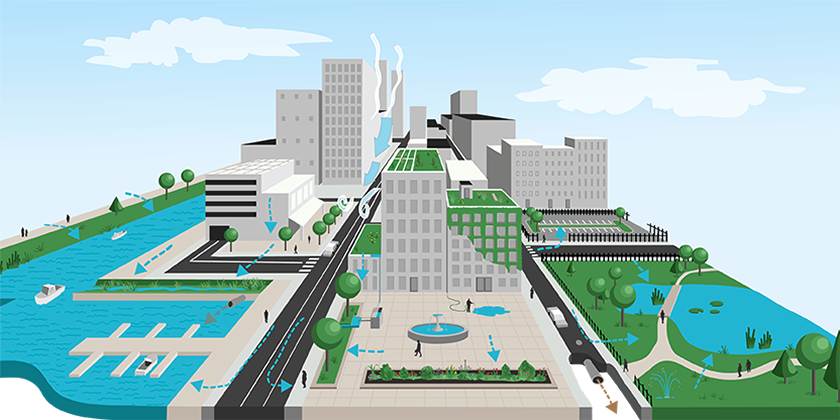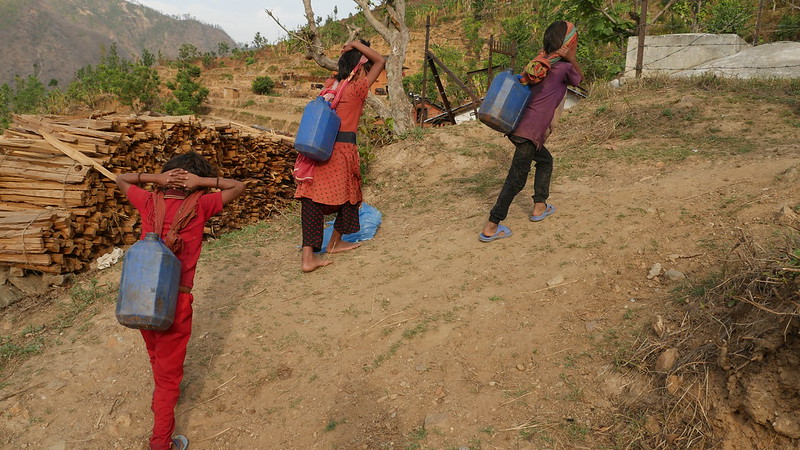Climate change and energy
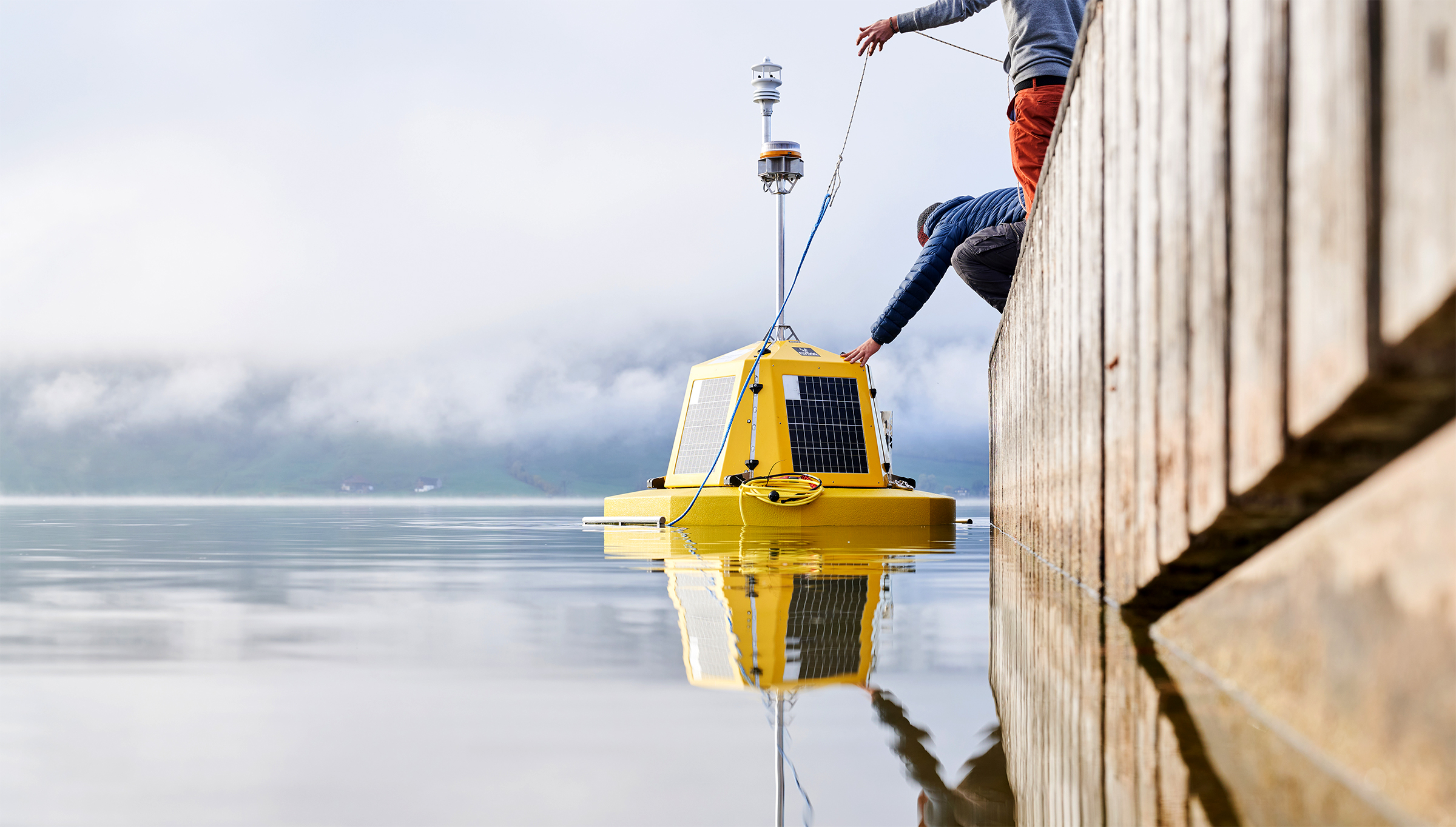
Climate and energy – bodies of water under pressure
Climate change and energy production are putting pressure on our bodies of water. Eawag is investigating how climate warming is changing our lakes, rivers and groundwater and what this means for the plants and animals living in them, as well as for humans. Furthermore, it is also researching and developing measures and technologies to protect the climate, promote adaptation to the consequences of climate change and shape the energy transition in an environmentally friendly way.
Energy production and water protection in conflict
The growing demand for climate-friendly hydropower is increasing pressure on our bodies of water. In residual water stretches located downstream of power plants, a large part of the natural run-off is missing. Hydroelectric power plants also cause unnatural dynamics in watercourses and disrupt fish migration. The basis of life for aquatic organisms is thus severely impaired. Hydroelectric power plants can also reduce the water supply for groundwater, our most important source of drinking water.
Impacts of climate change on bodies of water
If the temperature of the atmosphere rises, bodies of water also warm up. Warmer water means stress for some forms of aquatic life. At the same time, others benefit from the warming. This changes the overall species composition. For example, certain algae, some of which are toxic, can better spread and thus harm other living organisms in and around the water. The circulation of the lakes is also altered. As a result, the time period during which the lakes mix their water from the surface to the bottom of the lake in winter becomes shorter. This can lead to an oxygen deficiency at depth and reduce the supply of nutrients in the upper layers of the water, an adverse impact for a great many fish and other aquatic life.
Blue-green infrastructure – cooling cities with water
Heat, drought or extreme precipitation not only cause problems for the environment, but also for us humans, especially in densely built-up cities. Water (blue) in streams, ponds and water basins, as well as plants (green) on roofs, on façades and in green spaces can help cool cities. In order to mitigate the consequences of climate change, there are therefore plans to store more water in urban areas and to manage rainwater and wastewater in a climate-adapted manner.
Minimising the consequences of climate change and the energy transition
Eawag observes and studies how environmental changes and the increasing use of water resources affect aquatic ecosystems and their inhabitants. It uses models to analyse how lakes, rivers and groundwater could develop in the future under different scenarios. Building on this knowledge, Eawag researchers are developing solutions that reduce greenhouse gas emissions, minimise the impact of climate change on humans and the environment and make the energy transition sustainable and more climate-friendly.
Publications for practice
Research projects
Network
We work together with a wide variety of partners.

The Hydrology Division is responsible for the protection of surface water, groundwater and drinking water.

The Hydrological Forecasts Research Group investigates, among other things, the consequences of climate change on hydrology
Swiss Federal Institute for Forest, Snow and Landscape Research (WSL)

The Federal Climate Services Network supports climate-compatible decision making in order to minimise risks, maximise opportunities and optimise costs.

The Joint Initiative of the ETH Domain contributes to halving greenhouse gas emissions by 2030 by preparing the necessary infrastructure, building a resilient energy system and protecting biodiversity.
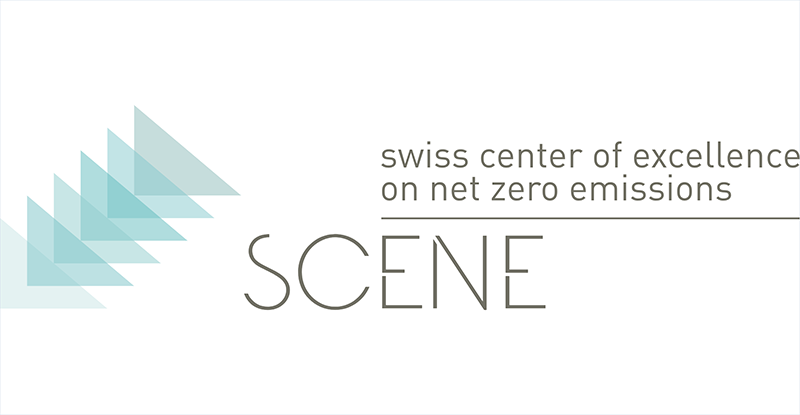
The Joint Initiative of the ETH Domain aims to reduce greenhouse gas emissions to zero by 2050.
Scientific publications
Cover picture: Here at Lake Aegeri in the canton of Zug, Eawag and FOEN have been using automatic measuring buoys to record the water temperatures of individual lakes in Switzerland since the summer of 2022. (Photo: Mathias Blattmann, Oberägeri, 11 November 2022, Zuger Zeitung)

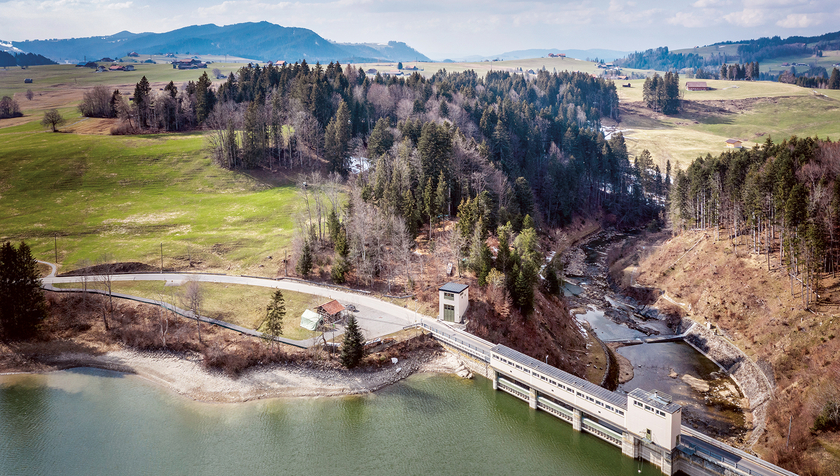
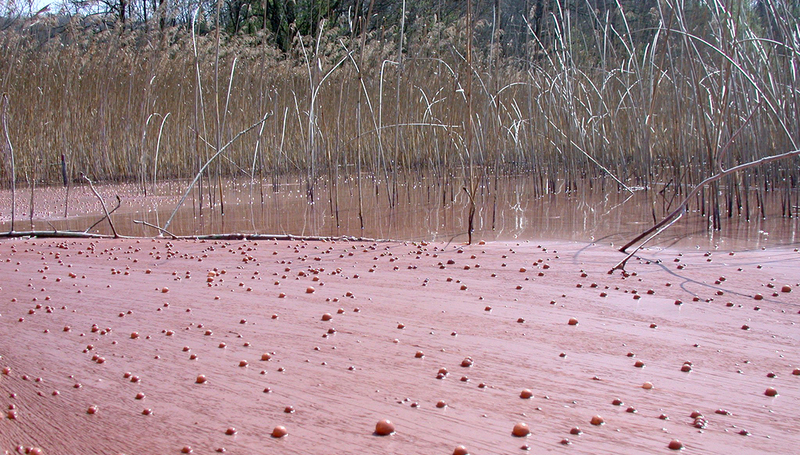
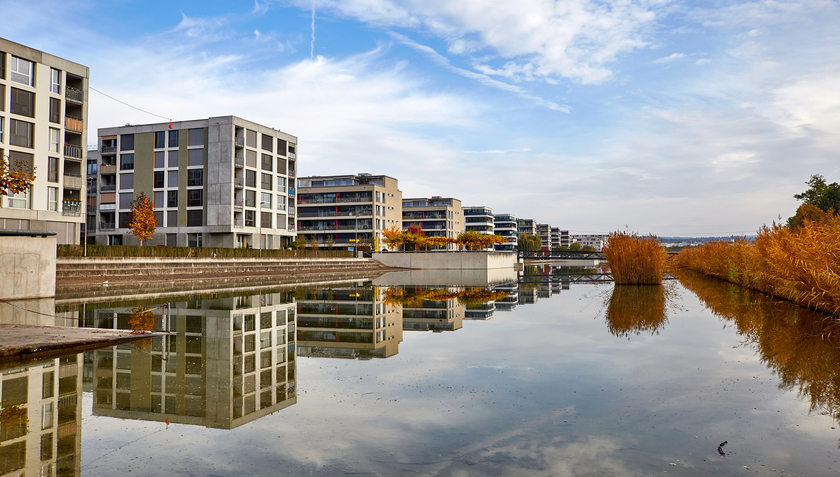
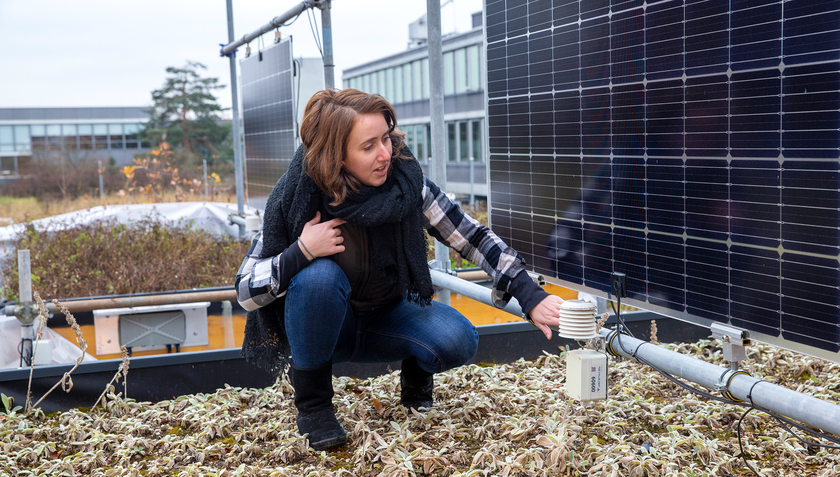











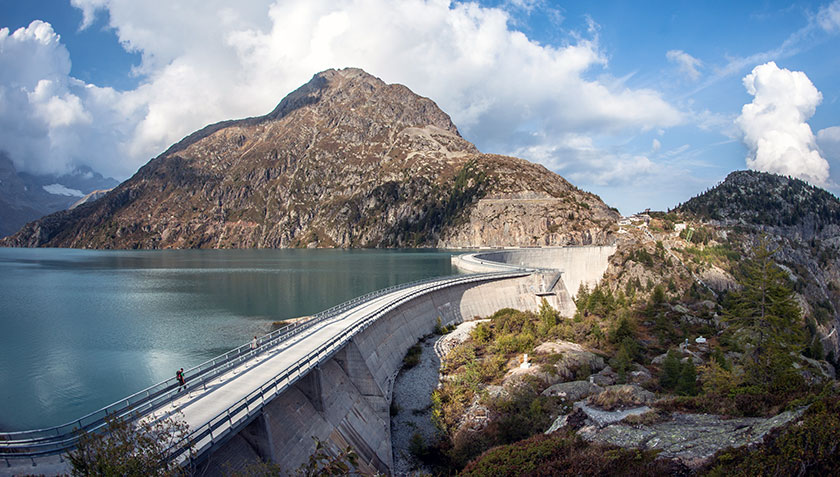

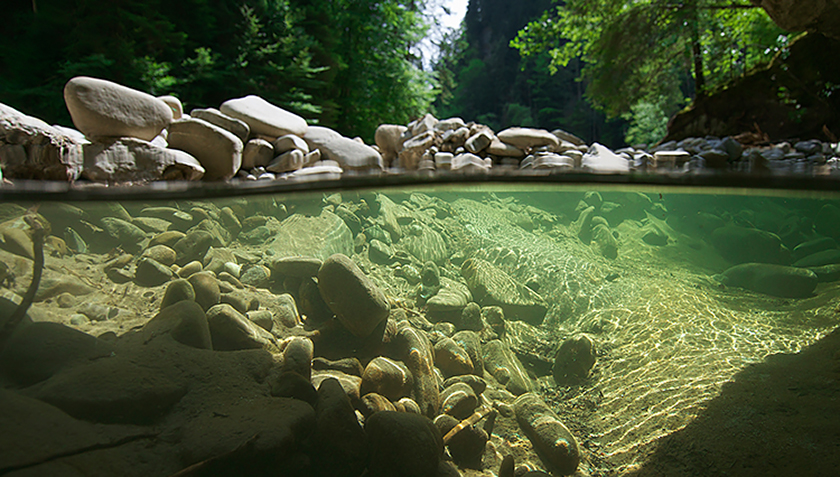
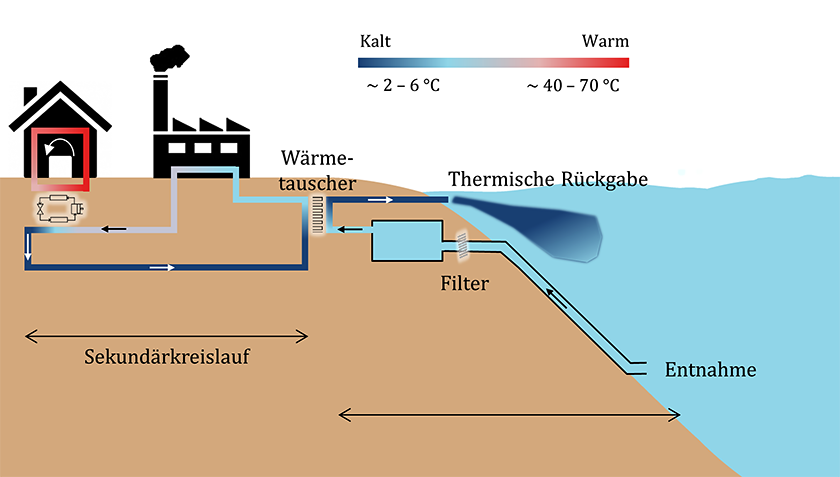
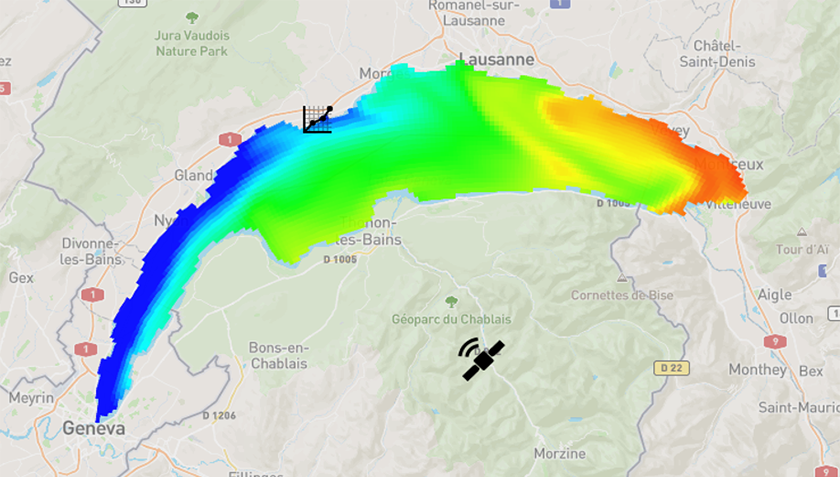
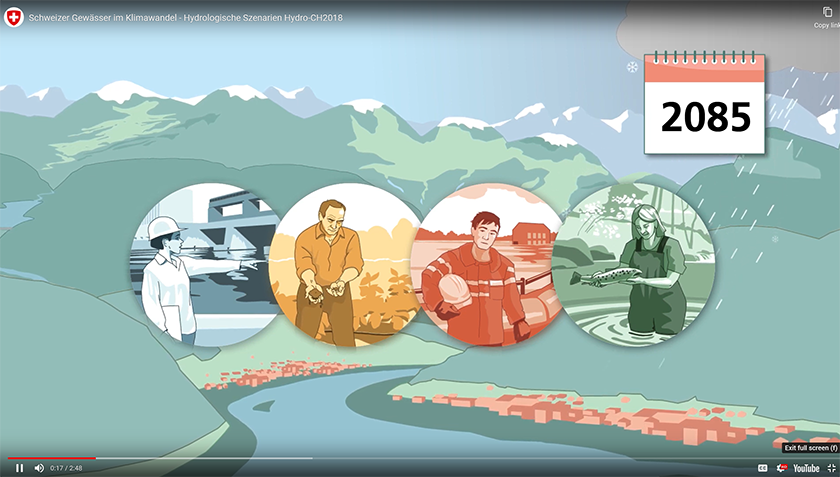
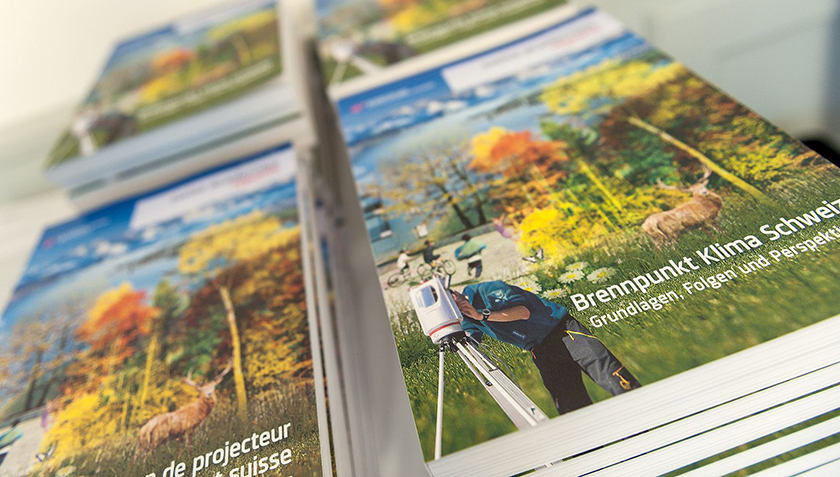
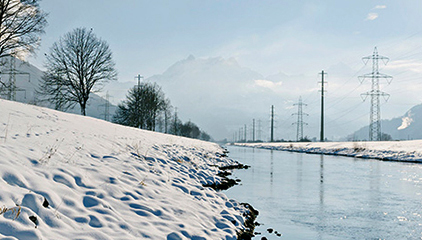
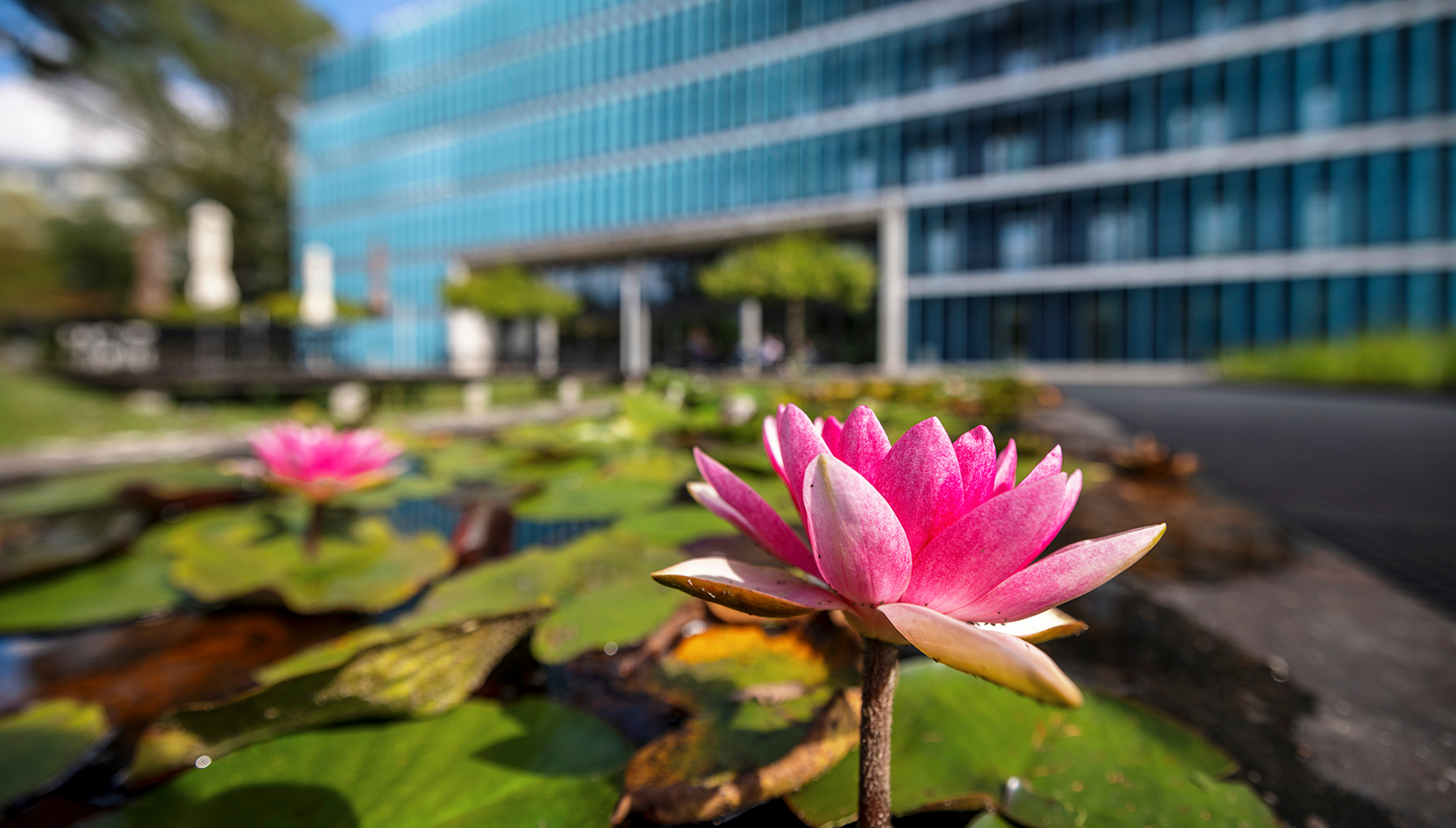
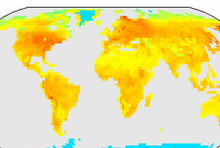
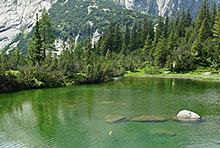
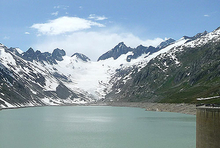
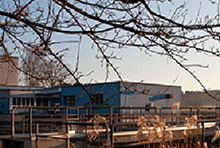
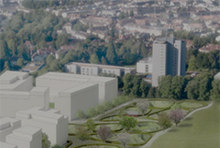
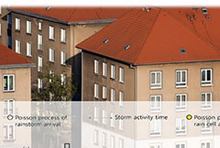
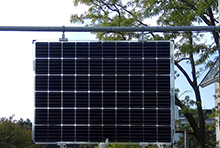
![[Translate to English:] Prinzipien mikrobieller Ökosysteme](/fileadmin/_processed_/9/3/csm_PriME_MSE_Project_Teaser_55c5eb9365.jpg)



















